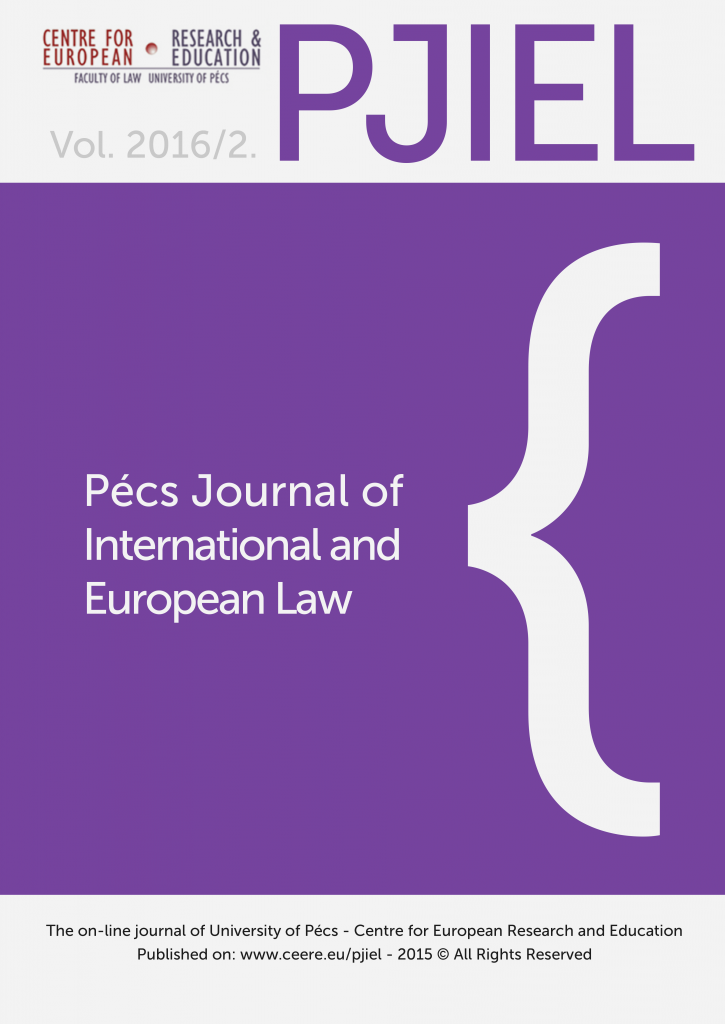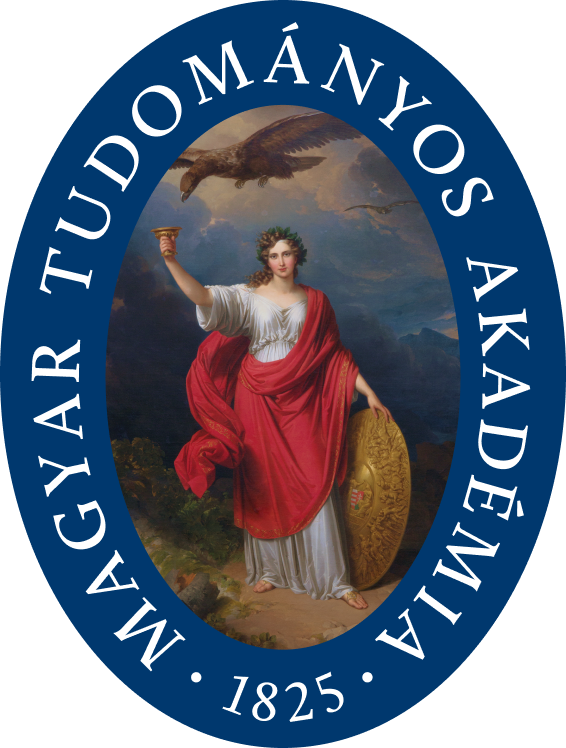Convergence, Compatibility or Decoration: The Luxembourg Court’s References to Strasbourg Case Law in its Final Judgments
Keywords:
case-law reference, Luxembourg judgments, fundamental rights, comparative law, Strasbourg case lawAbstract
Although the EU is not a Contracting Party to the European Convention yet, the ECHR and its Strasbourg case-law do have an impact on the EU legal order. Before the Lisbon Treaty came into effect, the Court of Justice of the EU and the drafters of the Maastricht Treaty recognized that the ECHR and the ECtHR case law had a special significance for the EU legal order and regarded them as one part of the general principle of EU law. The Lisbon Treaty entitles the EU Charter on Fundamental Rights the primary legislation from which the Court could start in its deliberation. According to Art.53(3) and the relevant Official Explanation, the Court of Justice should take the Strasbourg jurisprudence into account when it needs to define the scope and meaning of fundamental rights borrowed from the ECHR and its case-law. Although the CJEU still lacks a set of uniform rules on references to Strasbourg case-law, and even the European judges’ motivations for Strasbourg case-law references are varied, this method can be regarded as a kind of solution to the jurisprudential conflicts between the two European courts. From a functional perspective, the function of the Strasbourg case- law reference can be divided into four categories: authoritative guidance, legitimate guidance, reference “by analogy”, and decorative reference. In particular, the function of legitimate guidance can even be re-divided into three sub-functions: guidance, conformation to legitimacy, and warning the member states against the undermining of the Strasbourg jurisprudence as well as a comparative analysis of similarity and difference between EU law and ECHR.
Downloads
Downloads
Published
How to Cite
Issue
Section
License

This work is licensed under a Creative Commons Attribution-NonCommercial-ShareAlike 4.0 International License.





